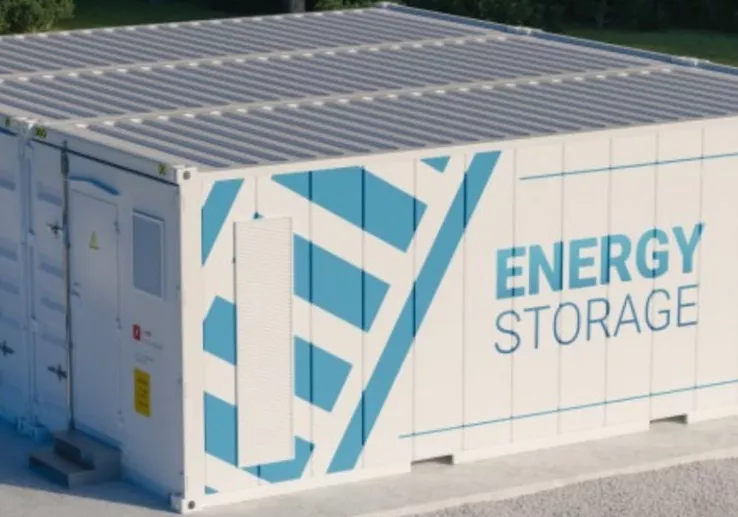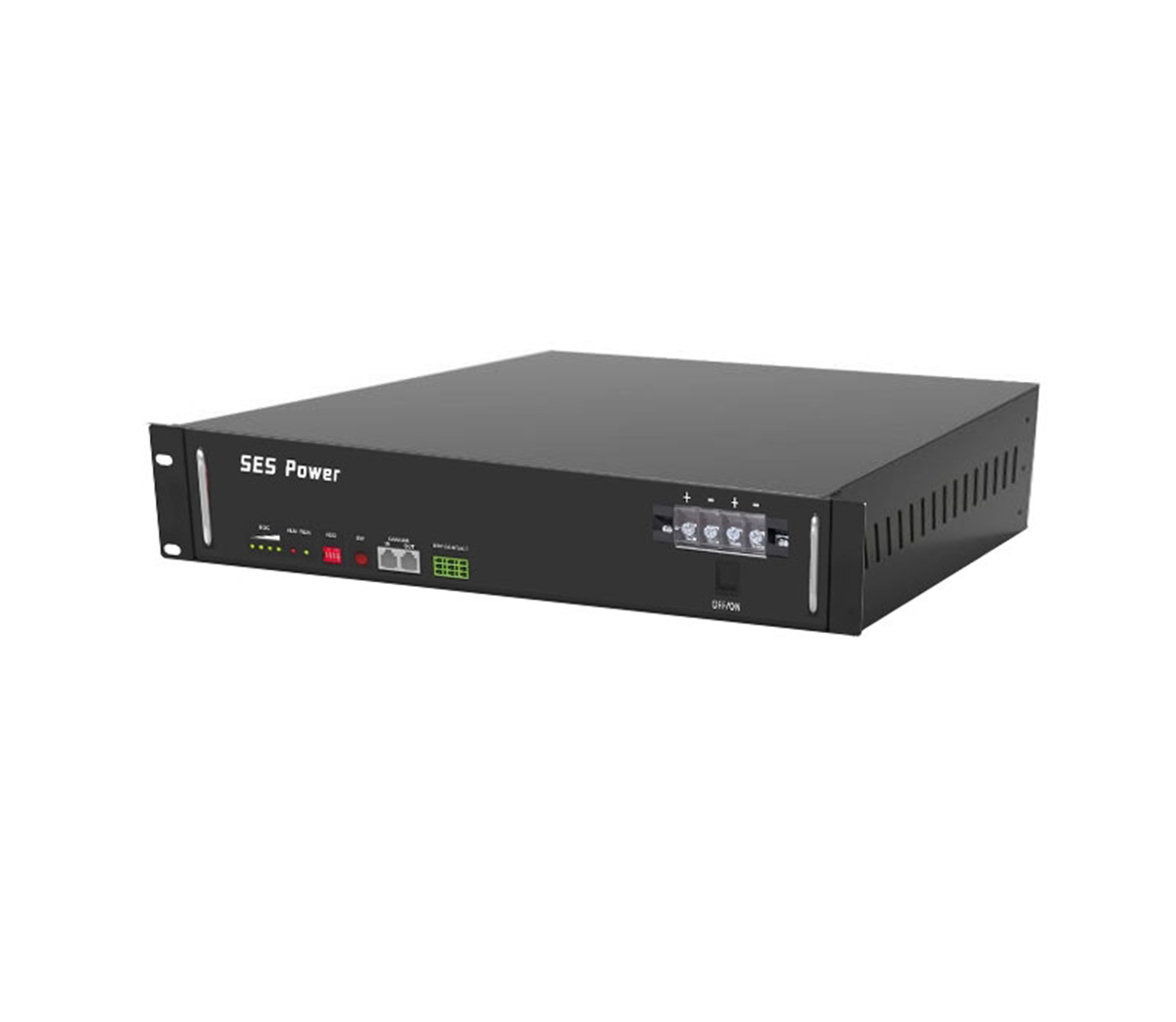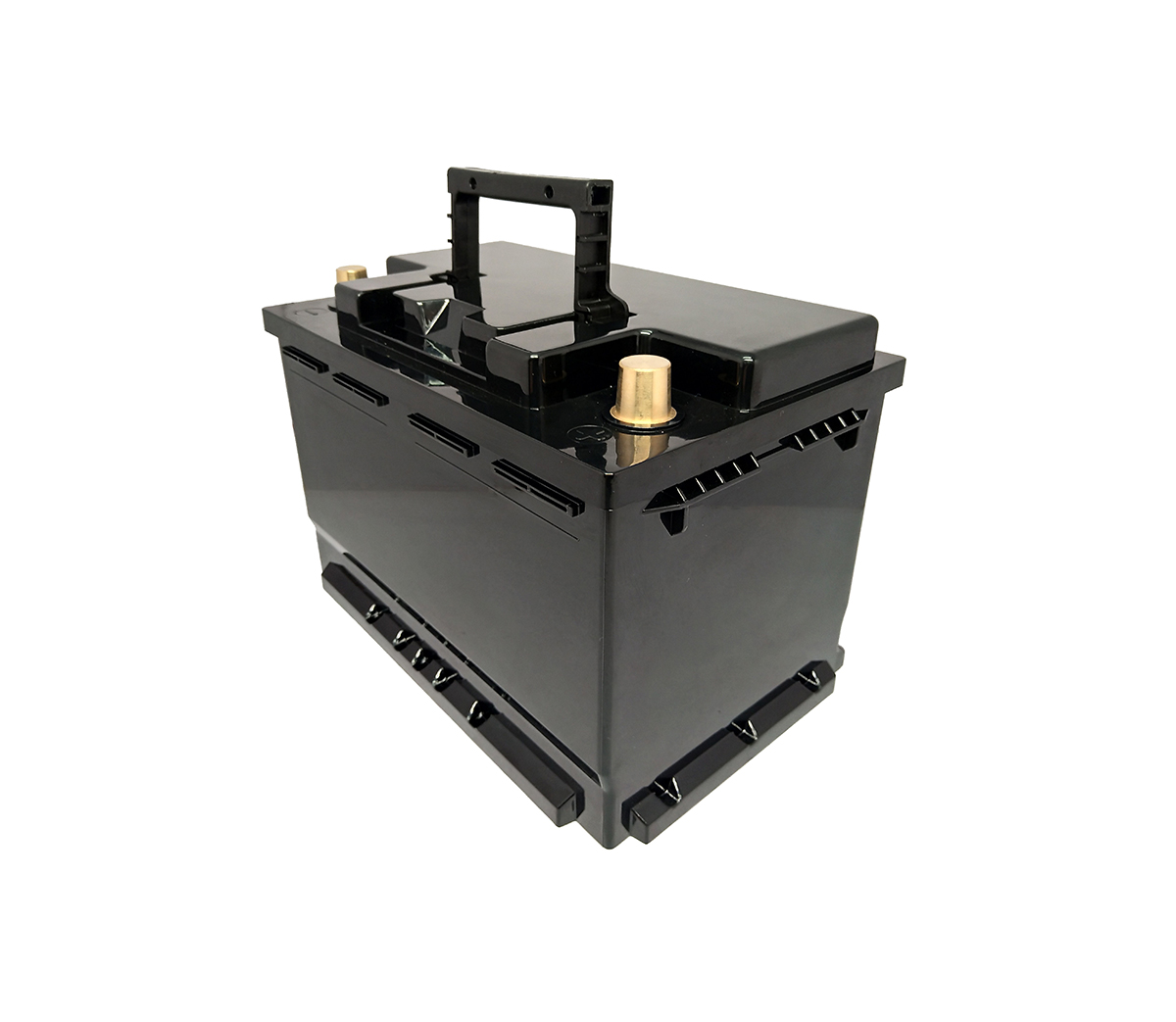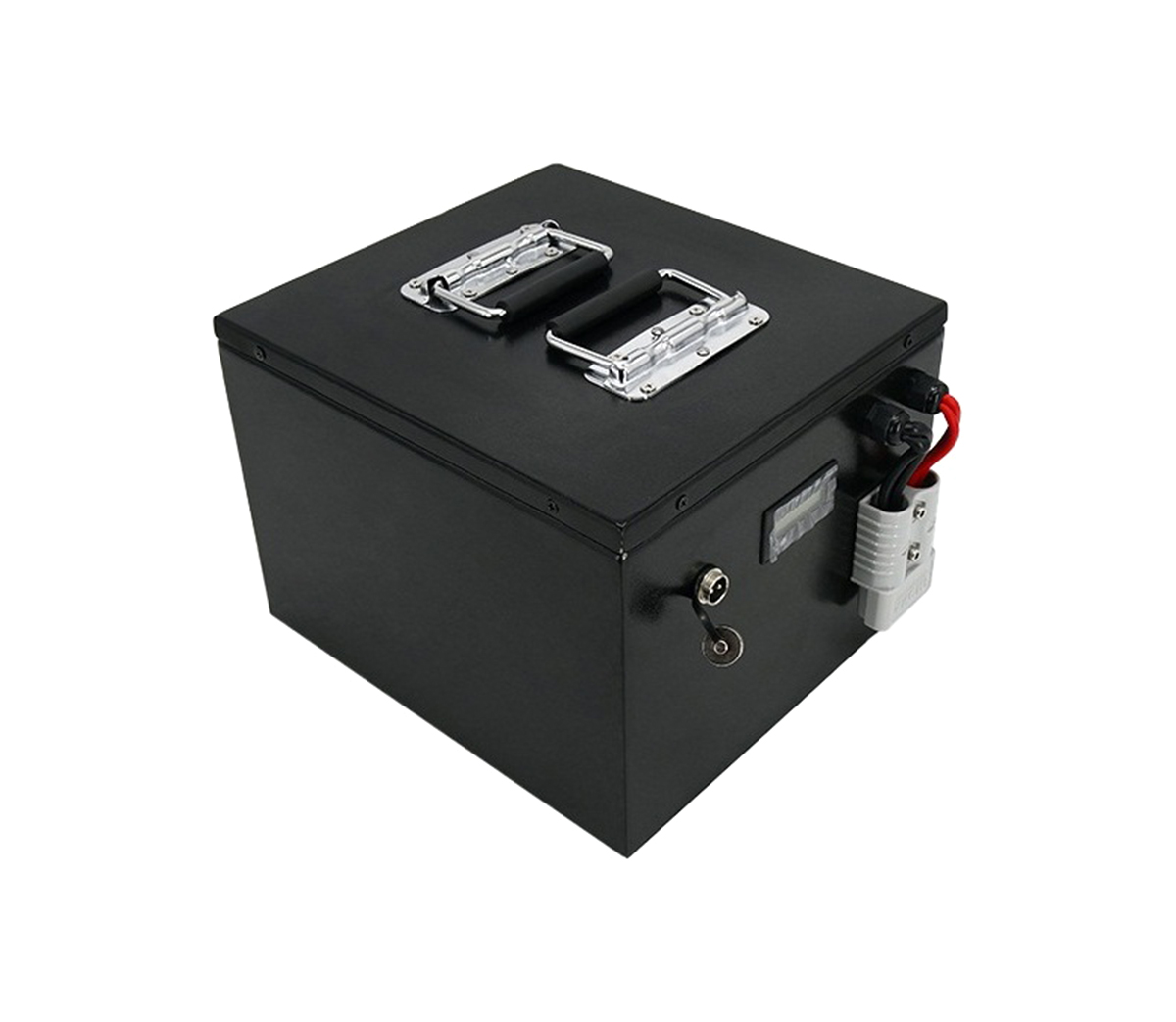India Energy Storage Industry Status and Future Trends in 2021
India is the second most populous country on earth with a strong demand for
energy, and SES Power believes that India will be a treasure trove for
lithium-ion battery practitioners, and we have been very interested in the
Indian lithium-ion battery market and have introduced very cost-effective
lithium-ion battery products for Indian customers. So let's look at the state of
India's energy storage industry in 2021 and anticipate its growth.
India has set a target to increase its clean energy transition by 500GW by
2030. While its installed capacity of renewable energy generation facilities is
steadily increasing, India lacks sufficient energy storage solutions to support
the integration of renewables in the grid.

According to a survey jointly published by Wärtsilä and KPMG, India will
need to apply and integrate 450GW of renewable energy by 2030 in order to gain
supply-side flexibility. The study indicates that by 2030, India will need to
deploy 4-hour battery storage systems with a total installed capacity of 38GW
and 9GW of gas-fired power projects to achieve economical, efficient and
reliable integration of renewable energy.
According to research firm Mercom India Research, India is currently
planning to deploy 1.7GW of battery energy storage systems with installed
capacity.
The following are the significant developments and future trends in the
Indian energy storage market to 2021.
A: Driving manufacturing growth
To strengthen the localization process of battery storage systems, the
Ministry of Heavy Industries (DHI) of India has issued a notification in 2021
for the Advanced Chemical Cell (ACC) Battery Energy Storage Program in
connection with the Performance Related Incentive (PLI) program, which is
expected to have a five-year incentive expenditure of Rs. 181 billion
(approximately $2.47 ($2.47 billion). The Indian Ministry of Heavy Industries
plans to best incentivize domestic and foreign investors to set up
gigawatt-scale battery manufacturing plants with a focus on more value-added,
high-quality output and achieving committed capacity levels within a
predetermined timeframe.
The program aims to achieve 50 GWh of battery life capacity. Under this
program, battery storage manufacturers will be selected through a competitive
bidding process, battery production plants must be operational within two years,
and incentive funding will be paid after five years.
A few weeks after announcing the Performance Related Incentive (PLI)
program, government-owned Bharat Heavy Electricals (BHEL) opened a tender to
build a gigawatt-scale battery storage project. The company plans to tender for
this project with a total energy storage capacity of up to 5 GWh.
B: Deployment of Battery Energy Storage Projects
In 2021, Indian government agencies and private companies are bidding to
develop and deploy stand-alone deployment battery storage projects in India with
a total energy storage capacity of 3GWh. And some of the key tenders for these
battery energy storage systems are.
-Solar Energy Corporation of India (SECI) has issued an announcement to
invite tenders for the deployment of 2GWh of stand-alone deployment battery
storage systems. These projects must be built on a build-own-operate (BOO)
basis. The company will enter into a 25-year power purchase agreement with the
successful bidder.
-The National Thermal Power Corporation of India (NTPC) issued an
Expression of Interest (EoI) to deploy grid-connected battery energy storage
systems (BESS) with a total energy storage capacity of 1 GWh using sites at its
power generation facilities across India.
In addition, the Indian government also approved the Solar Energy
Corporation of India (SECI) tender for the deployment of 1GWh battery energy
storage project as a pilot project. The project is being implemented under a
joint initiative issued by India's Ministry of New and Renewable Energy
(MNRE).
Needless to say, these goals are tempting for the team at SES Power.
C: Bidding Guidelines
On the policy side, the Indian Ministry of Power has amended its guidelines
for a competitive tariff-based bidding process that will procure electricity
from grid-connected renewable energy projects 24/7, supplemented by electricity
from any other source. Under this new amendment, deployed battery storage
systems can only be charged from ancillary deployed renewable energy generation
facilities. In the case of abatement of power or charging of a battery storage
system, the same renewable energy generation will be used to compensate. The
amendment also determines that battery storage systems that use electricity
other than renewable energy will not qualify.
Energy storage systems are an ideal solution for meeting peak electricity
demand, saving operational costs, reducing the risk of power limitations, and
improving grid stability and resiliency. However, the high cost of energy
storage systems is the biggest barrier to deployment and adoption by
residential, commercial and industrial customers. Of course, this is where SES
Power comes in, with safety, high performance, and the proper price, which is
welcomed by our Indian partners.
Research and analysis shows that by 2050, the cumulative installed capacity
of energy storage systems deployed in India will reach 180GW to 800GW,
accounting for 10% to 25% of the total installed capacity of various energy
sources. And the total energy storage capacity of these energy storage systems
is 750GWh to 4900GWh.
In 2021, India has not taken many incentives for the deployment of energy
storage systems. Therefore more work needs to be done by establishing a sound
policy framework and providing financial incentives to ensure that energy
storage deployment can keep pace with the rapid growth of renewable energy in
India.



































